Intense workouts push our bodies to their limits, triggering muscle breakdown and energy depletion. However, optimal recovery is crucial for maximizing the benefits of your training sessions. By adopting smart recovery strategies, you can enhance muscle repair, reduce soreness, and ensure you're ready to conquer your next workout with vigor. In this blog post, we'll explore ten effective strategies to help you improve your workout recovery.
-
Prioritize Sleep: Sleep is an essential component of recovery. Aim for seven to nine hours of quality sleep each night to allow your body to repair and regenerate. Establish a consistent sleep schedule and create a sleep-friendly environment by keeping your bedroom dark, cool, and quiet. Consider implementing relaxation techniques like deep breathing or meditation before bed to promote restful sleep.
-
Optimize Nutrition: Providing your body with the right nutrients is crucial for efficient recovery. Focus on consuming a balanced diet rich in lean proteins, complex carbohydrates, and healthy fats. Proteins aid in muscle repair, carbohydrates replenish glycogen stores, and fats support hormone production. Additionally, stay hydrated and consider incorporating supplements like omega-3 fatty acids and branched-chain amino acids (BCAAs) to aid recovery.
-
Active Recovery: Contrary to popular belief, active recovery is more effective than complete rest for promoting muscle repair. Engage in low-intensity activities such as yoga, walking, or light cycling to increase blood flow, which helps remove metabolic waste and deliver oxygen to your muscles. Active recovery also aids in reducing muscle stiffness and enhancing flexibility.
-
Foam Rolling and Stretching: Foam rolling and stretching are fantastic techniques for improving workout recovery. Foam rolling targets tight muscles and connective tissues, reducing muscle tension and promoting blood flow. Additionally, stretching exercises increase flexibility, enhance range of motion, and help prevent injuries. Include both dynamic stretches before your workout and static stretches post-workout.
-
Cold and Heat Therapy: Alternating between cold and heat therapies can aid in recovery. After an intense workout, apply an ice pack or take an ice bath to reduce inflammation and muscle soreness. Cold therapy helps constrict blood vessels and limit swelling. On the other hand, heat therapy, such as a warm shower or a heat pack, improves blood flow, soothes muscles, and promotes relaxation.
-
Listen to Your Body: It's important to pay attention to your body's signals. Pushing through extreme fatigue or pain can lead to overtraining and hinder recovery. Adjust your training intensity or take rest days when needed. Recovery is a personalized process, and everyone's body responds differently, so be mindful of what your body is telling you.
-
Stay Consistent: Consistency is key when it comes to workout recovery. Maintain a regular exercise routine to allow your body to adapt and recover more efficiently. Avoid long breaks between workouts, as this can lead to detraining effects and make it harder to bounce back. Aim for a balanced training program that incorporates both challenging workouts and adequate recovery days.
-
Hydration: Hydrating your body is crucial for optimal recovery. Water is involved in almost every bodily function, including muscle repair and waste removal. Drink enough water throughout the day, especially during and after workouts. Consider sports drinks or electrolyte supplements to replenish minerals lost through sweat.
-
Massage and Bodywork: Schedule regular massages or seek out other bodywork therapies like acupuncture or myofascial release. These treatments can help relax muscles, reduce tension, and improve blood circulation, all of which contribute to faster recovery. Additionally, they can provide relief from tightness, knots, and trigger points.
-
Manage Stress: Stress can negatively impact recovery by increasing inflammation and inhibiting muscle repair. Incorporate stress management techniques










Leave a comment
This site is protected by hCaptcha and the hCaptcha Privacy Policy and Terms of Service apply.